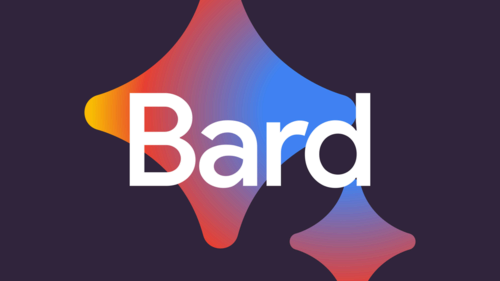
Generative AI is everywhere, but most implementations are based on the same GPT model powering ChatGPT and Microsoft Copilot. Google has been building its own alternative using its LaMDA model, and now the company has a (supposedly) more powerful replacement: Gemini.
Google announced Gemini today, which the company says is a larger and more capable AI model. Google said in a blog post, “Gemini is the result of large-scale collaborative efforts by teams across Google, including our colleagues at Google Research. It was built from the ground up to be multimodal, which means it can generalize and seamlessly comprehend, work across and combine different types of information including text, code, audio, image and video.”
Gemini’s most unique feature might be its different versions. Gemini Ultra is the most capable version, intended to run on powerful server hardware, while Gemini Pro is the “best model for scaling across a wide range of tasks.” Finally, there’s Gemini Nano, which is capable of running locally on smartphones with specialized hardware. Gemini Nano is already being used to summarize content in the Recorder app on the Pixel 8 Pro, entirely on the device itself without an internet connection, and app developers can use the AICore service in Android 14 to use the AI for custom tasks.
Google’s own report that Gemini Ultra scores slightly higher than GPT-4 in benchmarks for multi-step reasoning, reading comprehension, basic arithmetic, and Python code generation. It’s not clear how Gemini stacks up against the newer GPT-4 Turbo model, which was rolled out to ChatGPT Plus subscribers in November, and Microsoft is currently testing for use in Copilot (formerly Bing Chat).
Google’s Bard AI chatbot will use “a fine-tuned version” of Gemini Pro for more advanced prompts starting today, which Google says is the biggest upgrade to Bard since it launched. Gemini Nano is available on the Pixel 8 Pro, and Google is experimenting with updating its AI web explore with Gemini to reduce latency and better quality. A version of Gemini will also appear in Google Chrome at some point, though it’s unclear what the use case will be there.
Soource: The Keyword, Android Developers

